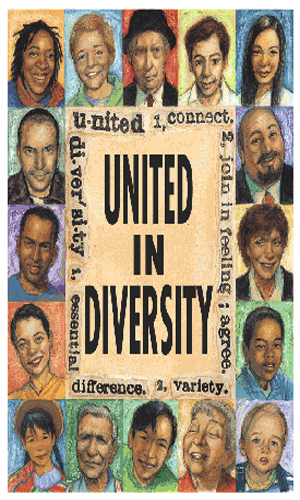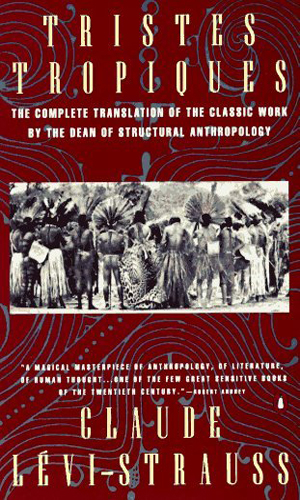When considering the issue of the handicapped within a society, the issue of diversity must be addressed. Because the definition of disability must always make a distinction between those who are labeled “invalid” and “valid,” when considering the disabled in any society, we must consider how that society deals with heterogeneity. In his article “Cannibalism and Bulimia: Patterns of Social Control in Late Modernity,” Jock Young comments on anthropologist Claude Lévi-Strauss’ delineation of anthropoemic and anthropophagic societies.
Lévi-Strauss argues that primitive societies “deal with strangers and deviants by swallowing them up, by making them their own and by gaining strength from them.” 1 He calls these societies anthropophagic, or cannibalistic. Modern societies, in contrast, are bulimic, or anthropoemic; “they vomit out the deviant, keeping them outside of society or enclosing them in special institutions within their perimeters.” 2
America in the twentieth century has elements of both these categorizations. In many respects, the culture is anthropophagic, Americanizing elements of immigrating peoples and thus incorporating them within the larger society. Diversity, Young claims, is becoming more and more increasingly welcomed in Western society.


“Difference and diversity, he remarks, “are the staples of lifestyle, consumerism, of late modernity: we eat our evening meal from a world menu, our supermarkets exhort us to extent our repertoire from the Caribbean to the Mediterranean, the market for popular music makes stars out of the rap dissidents of the Los Angeles ghettos, gay sensibilities imbue our chat shows and enhance our comedians, every diverse nuance of marriage, lifestyle and sexual relations are debated daily on the chat shows.” 3
Yet despite this encouragement of diversity, heterogeneous elements of American society are treated in a distinctly anthropoemic fashion when they begin to display the characteristic that is increasingly less tolerated in Western, particularly American society: difficulty.
As soon as a subgroup of American society, whether defined by race, gender, or physical disability, becomes challenging to assimilate in the preferred anthropophagic style, it is immediately cast out of the society, segregated and oppressed. Unfortunately, this treatment befell the disabled in America for a large part of the century.
Back to The Wheelchair Table of Contents
Footnotes
1 Levi-Strauss, Claude, et al. Tristes Tropiques. United States: Penguin Group, 1992.
2 Ibid.
3 Cannibalism and Bulimia: Patterns of Social Control in Late Modernity. Jock Young, Middlesex University, UK.
